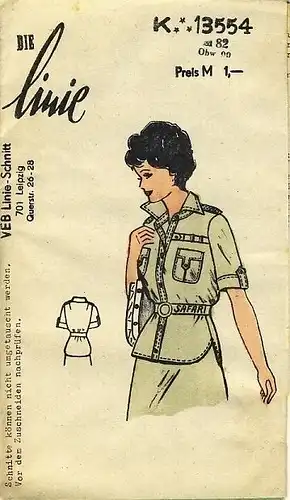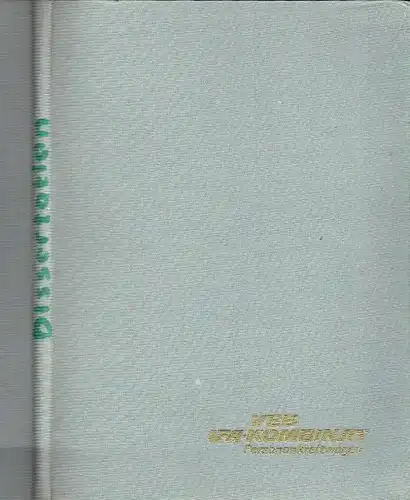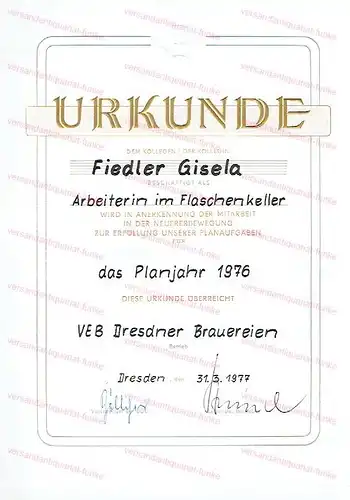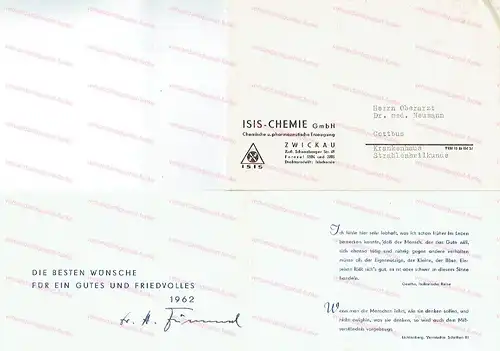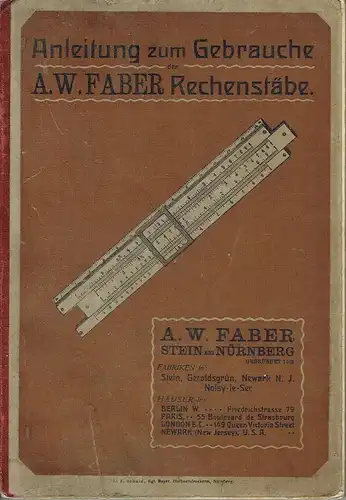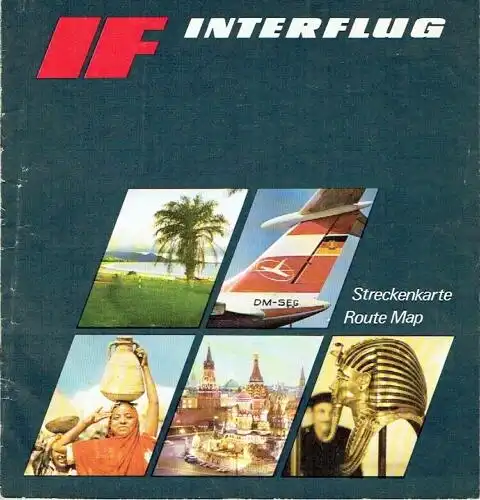| Deutschland | Standard | 7 bis 10 Werktage |
| Deutschland | Express | 8 bis 12 Werktage |
| Europa | Standard | 9 bis 14 Werktage |
| Europa | Express | 8 bis 13 Werktage |
| weltweit | Standard | 25 bis 45 Werktage |
| weltweit | Express | 10 bis 16 Werktage |
| Stückzahl | Homezone | Zone 1 | Zone 2 | Zone 3 |
|---|---|---|---|---|
| Ab 1 € versichert | 5,00 € | 5,00 € | 5,00 € | |
| Versandkostenfrei ab Bestellwert in € |
1,00 € |
| Bestellwert in € | Homezone | Zone 1 | Zone 2 | Zone 3 |
|---|---|---|---|---|
| bis 35 | 0,00 € | 15,00 € | 19,00 € | 40,00 € |
| bis 100 | 0,00 € | 15,00 € | 19,00 € | 40,00 € |
| bis 200 | 0,00 € | 15,00 € | 19,00 € | 40,00 € |
| bis 300 | 0,00 € | 15,00 € | 19,00 € | 40,00 € |
| bis 499 | 0,00 € | 15,00 € | 19,00 € | 40,00 € |
| darüber | 0,00 € |
Alles sehr gut verlaufen, Bestellung, Lieferung, Qualität vom Produkt .
Rasche, transparente Abwicklung
